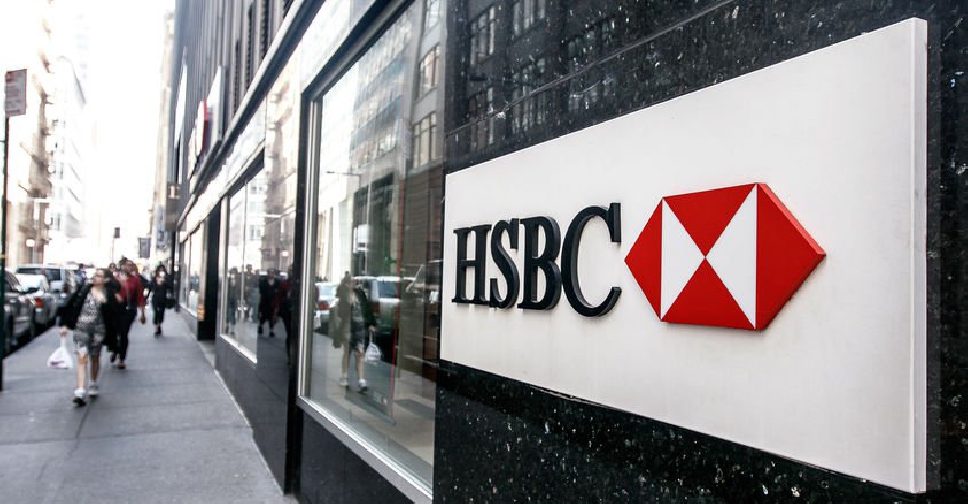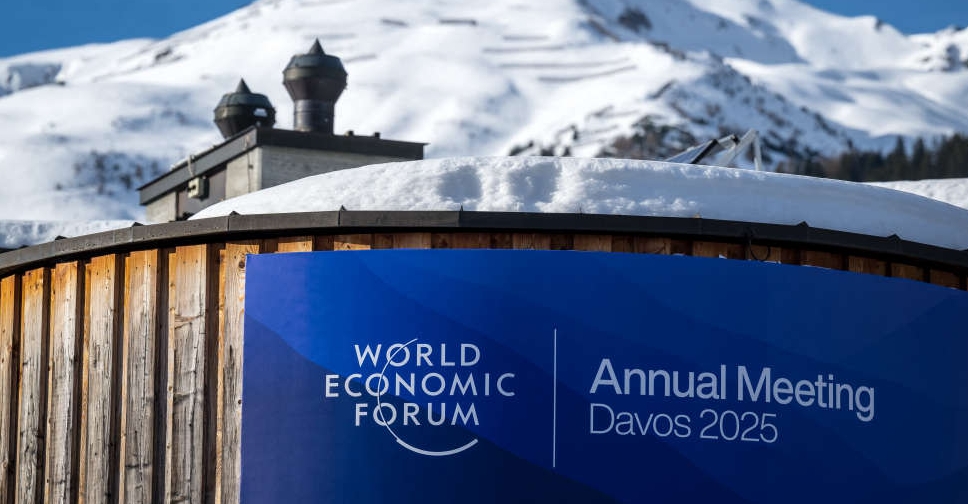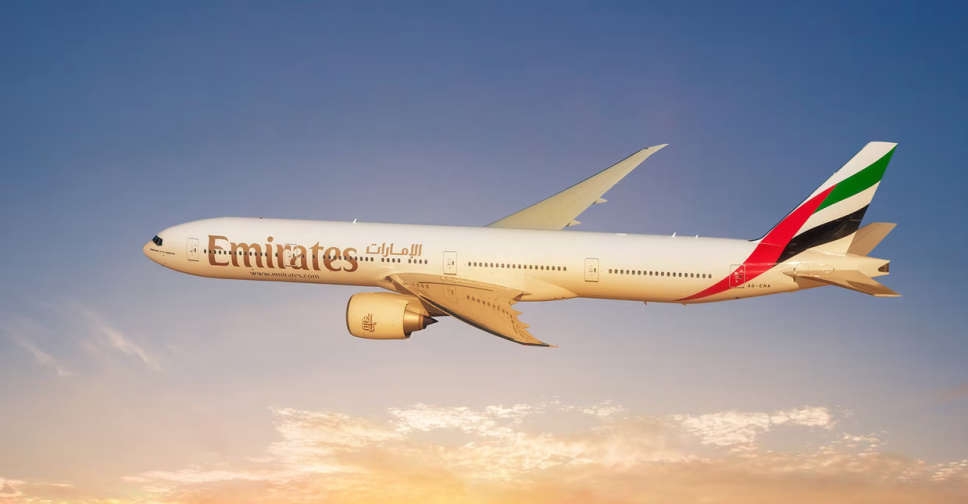
HSBC merged some operations and split its geographic footprint into East and West in a sweeping restructuring under new CEO Georges Elhedery that also included the appointment of the bank's first female finance chief.
Under the revamp, announced on Tuesday, HSBC will combine some of its commercial and investment banking businesses. It also installed a new leadership structure, which would "unleash our full potential and drive success into the future," Elhedery said in a memo to staff.
He named Pam Kaur, 60, formerly HSBC's chief risk and compliance officer, as chief financial officer.
The latest overhaul comes as HSBC, which employs about 214,000 people globally, tries to remove duplicate roles and shift its focus to Asia in a bid to cap costs and bolster income as falling interest rates worldwide hurt margins.
The group is carving up its operations into four business lines, namely UK, Hong Kong, corporate and institutional banking, and wealth banking.
It is also reorganizing its geographic setup by bringing together Asia Pacific and the Middle East under the umbrella of Eastern Markets, while Western Markets will comprise Continental Europe, the Americas and its UK business excluding the retail bank.
The overhaul sees Elhedery also try to tackle one of HSBC's most intractable problems.
Its commercial bank, which serves the lender's more than 1.2 million business customers from startups to major corporations, has long held the potential to turbocharge profit if those customers could be persuaded to buy more products.
Executives in that division, however, have sought to protect their clients from cross-selling efforts by investment bankers in HSBC's Global Banking division, sources at the bank have previously said.
By combining the two divisions - except in Hong Kong and the UK - into the new corporate and institutional division, Elhedery hopes to drive closer cooperation and deliver on the lender's recent stated focus to cross-sell more products to internationally focused customers.
HSBC did not say what the projected cost savings might be or indicate how many jobs would be affected, but more details could emerge when the bank reports third-quarter results on October 29.
"Cost-cutting is a big driver of these changes, with fresh efficiencies likely through the simplification of its geographical structures," said Susannah Streeter, head of money and markets at Hargreaves Lansdown.
HSBC's shares were flat on Tuesday, while the FTSE 100 index slipped 0.6 per cent. HSBC shares have risen 12 per cent in the last year, underperforming a 33 per cent gain in Europe's benchmark STOXX index of banks.
Analysts said that while the overhaul of how the bank organised itself appeared sweeping, it did not entirely address the bank's challenges of how to maintain profits while interest rates fall worldwide.
"The announcement today is just moving around different parts of the group, with no change to the big picture," Ben Toms, an analyst at RBC Capital Markets, said.
"The real question that the market is waiting to hear about, given that the bank is searching to cut costs to offset topline pressure, is which parts of that Group could be next on the chopping block, and how much will this restructuring cost the bank?"
The lender's price to book ratio per share, a measure of relative valuation, at 0.89 is among the most expensive among European peers such as Barclays and Deutsche Bank which trade at 0.52 and 0.46 respectively.
As well as the structural overhaul, HSBC announced a raft of senior management changes.
It said it would slash its executive committee, the primary decision making body of the firm, from 18 members to 12 under the new title of Group Operating Committee.
In other key management changes, Greg Guyett, CEO Global Banking and Markets, assumed a newly created role of Chair, Strategic Clients Group.
The lender's Europe head Colin Bell, once seen as a potential candidate for the CEO role, is leaving the bank, an internal memo said, as is Middle East head Stephen Moss.


 Netflix shares jump as subscribers surge
Netflix shares jump as subscribers surge
 Economy Minister highlights UAE's business ecosystem at Davos 2025
Economy Minister highlights UAE's business ecosystem at Davos 2025
 ADNOC Distribution expands service station solar power project
ADNOC Distribution expands service station solar power project
 Emirates cancels Houston flights due to severe weather
Emirates cancels Houston flights due to severe weather
